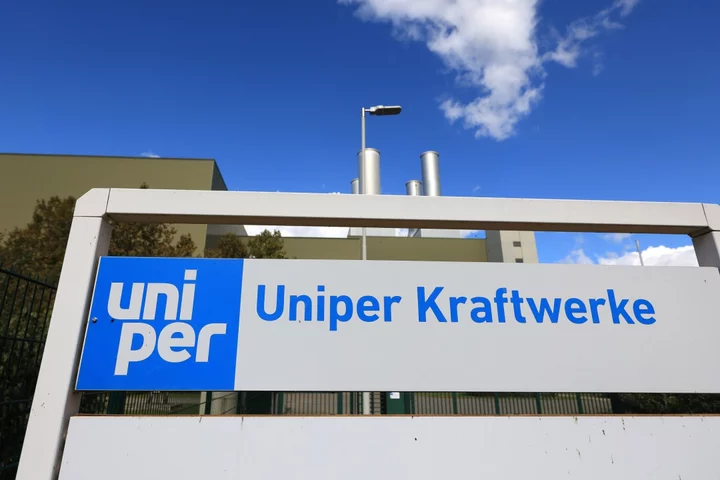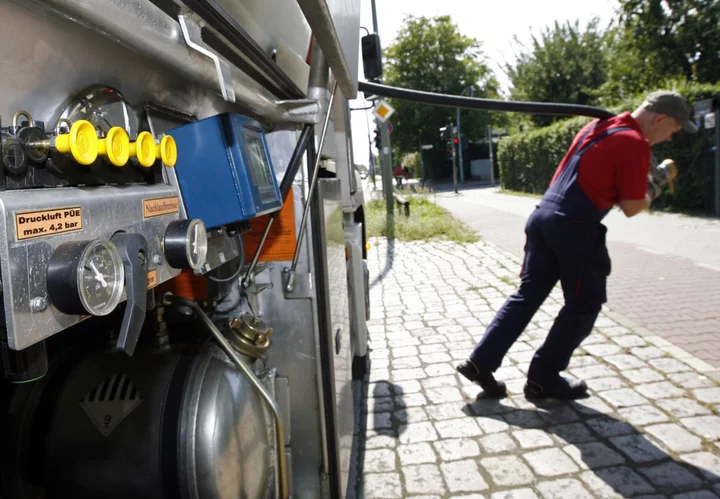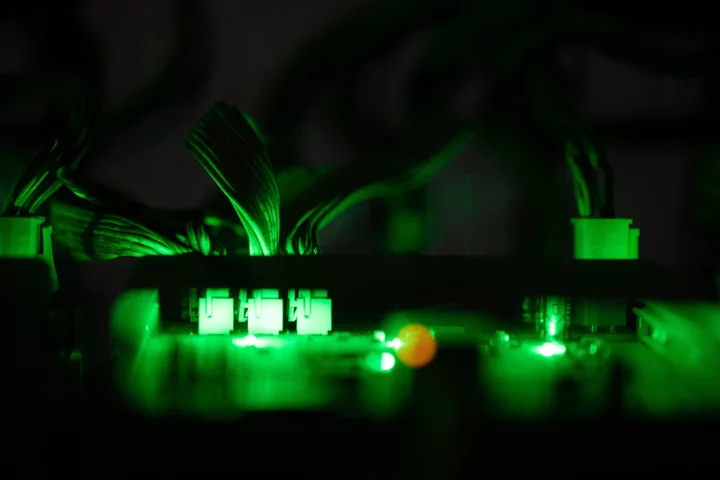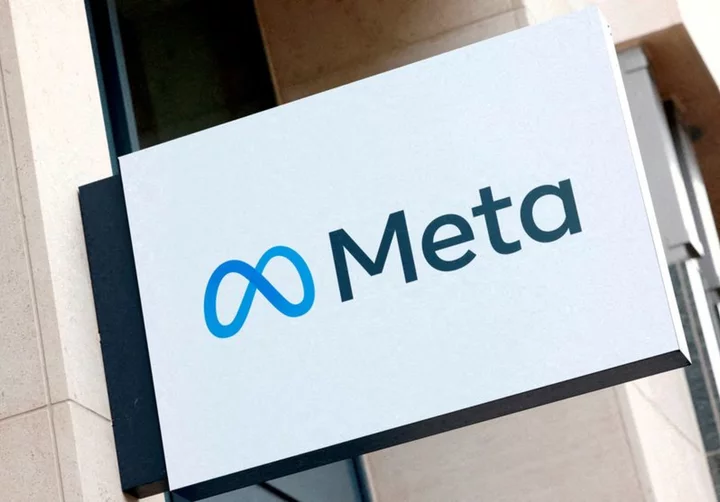Uniper SE expects the German government to lay out an exit strategy from the company by the end of the year as the utility moves back to profitability and weighs repaying a €34.5 billion ($37.9 billion) rescue package, the biggest in German corporate history.
Conditions set by the European Commission when approving the bailout for Uniper in December stipulate that the government must reduce its shareholding in the company to no more than 25% by the end of 2028.
“The government has to present an exit strategy by the end of this year to the commission and will probably say something then about how it envisions this process,” Chief Financial Officer Jutta Dönges said on a call with analysts on Tuesday. “A sale to an investor is just as feasible as a sale to capital markets.”
Uniper was bailed out at the height of last year’s energy crisis after Russia stopped supplying gas through the Nord Stream pipeline and fuel prices soared. The company hasn’t incurred further costs for replacing missing gas volumes since the end of last year, and it hasn’t needed additional equity injections. Uniper is talking to the finance ministry about repaying bailout funds but Dönges said it was too soon to give a timetable or to say how it would do so.
“As the management of Uniper, our duty is to make sure that Uniper is ready to be sold back to the equity capital markets and that means first of all financial stabilization,” Chief Executive Officer Michael Lewis said.
The EU said that Uniper must sell power plants in Germany and Hungary including an 84% stake in its Unipro business in Russia; a hard-coal-fired power plant in Datteln, Germany; and the company’s district heating business in Germany. Uniper isn’t planning any divestments beyond those required under competition law, according to Lewis.
“Markedly improved balance sheet means no further state aid is necessary and Germany could exit its majority stake before 2028,” said Patricio Alvarez, an energy analyst at Bloomberg Intelligence.









